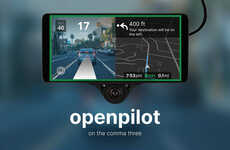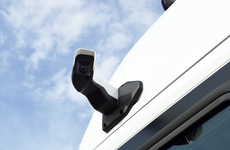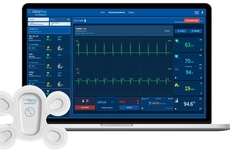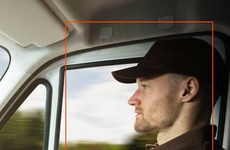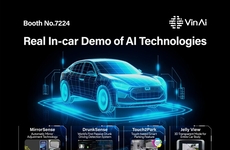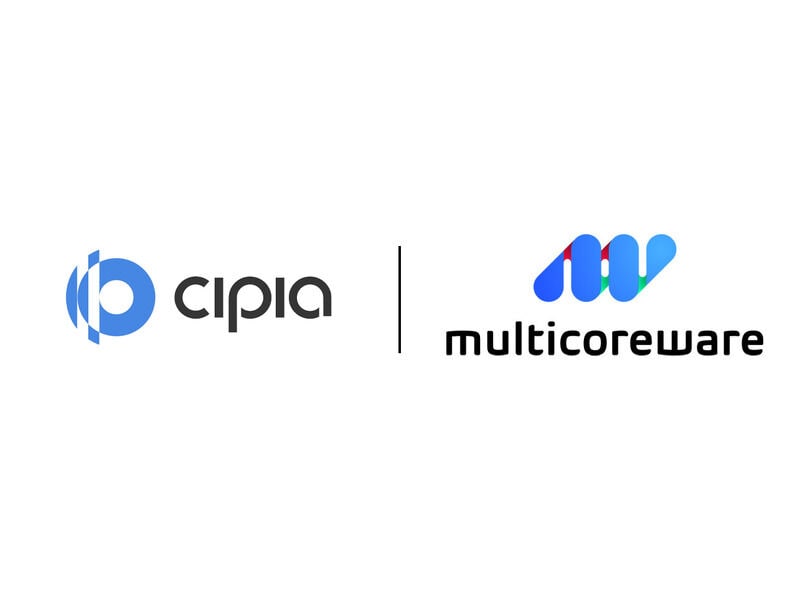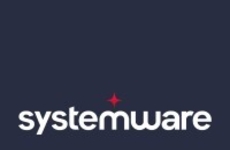
MulticoreWare & Cipia Provide Highly Accurate Tracking
References: newswire & multicorewareinc
MulticoreWare and Cipia are introducing an advanced in-cabin monitoring system at CES 2025 that integrates 60GHz radar and infrared camera technologies. This innovative fusion leverages the strengths of both technologies to provide highly accurate tracking of driver and passenger vital signs.
MulticoreWare’s expertise in radar signal processing and embedded software development complements Cipia’s achievements in AI-driven computer vision for in-cabin monitoring. Together, the companies aim to set new standards for safety and comfort in the automotive sector. The solution is optimized for edge computing platforms, ensuring efficient performance and integration into modern software-defined vehicles.
Consumers might find this technology particularly appealing due to its potential to improve vehicle safety and occupant well-being. Its ability to monitor vital signs and environmental conditions in real time supports proactive interventions, which can be lifesaving in critical scenarios.
Image Credit: MulticoreWare and Cipia
MulticoreWare’s expertise in radar signal processing and embedded software development complements Cipia’s achievements in AI-driven computer vision for in-cabin monitoring. Together, the companies aim to set new standards for safety and comfort in the automotive sector. The solution is optimized for edge computing platforms, ensuring efficient performance and integration into modern software-defined vehicles.
Consumers might find this technology particularly appealing due to its potential to improve vehicle safety and occupant well-being. Its ability to monitor vital signs and environmental conditions in real time supports proactive interventions, which can be lifesaving in critical scenarios.
Image Credit: MulticoreWare and Cipia
Trend Themes
1. Radar-infrared Fusion - Combining 60GHz radar with infrared cameras in in-cabin monitoring systems facilitates precise detection of physiological and environmental changes.
2. Edge Computing Integration - Utilizing edge computing to enhance in-cabin systems ensures real-time data processing and seamless software integration within vehicles.
3. AI-driven Vital Monitoring - Artificial intelligence capabilities in these systems enable continuous monitoring of vital signs, offering potential improvements in automotive safety and comfort.
Industry Implications
1. Automotive Technology - Advancements in in-cabin monitoring reflect a growing intersection between automotive engineering and health monitoring technologies.
2. Health Tech in Transportation - Incorporating health monitoring features in vehicles showcases an emerging field where transportation meets personal wellness and safety.
3. Embedded Software Development - The demand for sophisticated in-cabin systems emphasizes innovations in embedded software to handle complex, real-time signal processing tasks.
8.3
Score
Popularity
Activity
Freshness


